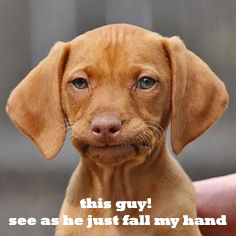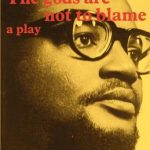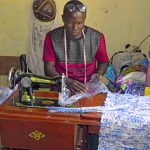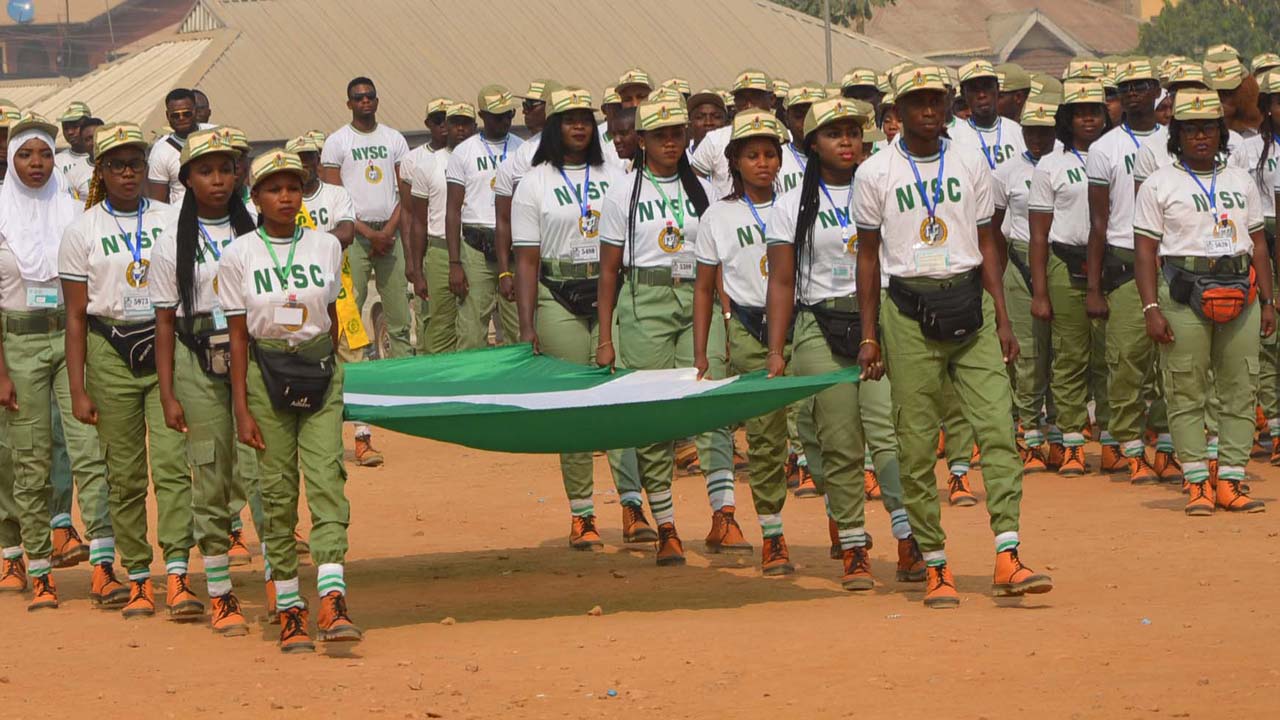Most Nigerian slangs are actually Yoruba slangs, this is because most slangs stem from pidgin English, a language which is a cross between local dialects and English. It can also be referred to as broken English. Nigerian words and phrases are unique, however, some become popular trends used by people from different parts of West Africa as some cultures are similar. Nigerian bad words are also part and parcel of these popular slangs, as some are often used are insults. New slang words emerge every day with internet slangs being the category of words that spread like wildfire. Here are 15 popular Nigerian slangs.
-
Oya
‘Oya’ is one Nigerian slang that has no definite meaning, however, it is used in a given context which could mean come, let’s go, start or basically just an endearment to begin something or respond. It is commonly used across the nation and in some neighbouring countries too. Oya is a slang born from pidgin English and one that will never leave the tongues of Nigerians.
-
Abeg
Abeg is a pidgin English for ‘I beg’. If you know a Nigerian, you would have heard this particular slang over and over again. Abeg is a plea and is simply means ‘please’. Just like English words or any other language the tone in which the word is said can alter the meaning. ‘Abeg’ can be a sincere plea, a sarcastic remark or a stern plea. Whichever one it is, “abeg” remains what it is.
-
Fashi
When someone tells you to fashi something, it means you should ignore. The slang became popular sometime around 2008/2009 and has stuck. The use of this slang is not as common as it used to be, however, it is catchy, and everyone understands it.
-
Nawa
‘Nawa’ is just like ‘Abeg’, the only difference is ‘Nawa’ is an exclamation. It is just like sighing but in words. This slang is used every day because, in Nigeria, there is always something to exclaim about. From the hardships to the comedy, trends, business social life, surprising things happen every day. The kinds of things that will make you say “nawa oh!”
-
Japa
Japa is a new slang. It became popular in the summer of 2018. It all started with a social media thread and trend and it seems the slang is just appropriate for the situation it describes. To japa means to abort, run, avoid, terminate, retreat and any of the above. To japa means to remove yourself from a situation. If used in a sentence, it would be articulated like so, “his girlfriend told him she was pregnant, that is why the guy japa”.
-
Fall my hand
“Fall my hand” is one of the funniest slangs because when people use it, it must have been a serious situation. To fall somebody’s hand is to disappoint them, disappoint them so bad that they have to use the words “fall my hand”. Disappointing people is not a good habit, it makes people lose their confidence in you, as much as possible, in situations you can control, do not fall people’s hands and don’t let people fall your hand.
-
Osha pra pra
“Osha pra pra” is also a new slang, however, it is older than japa. Osha pra pra came from nowhere and found itself in all the Nigerian comedy skits, shows, songs and social media comments. Osha pra pra means something fresh, sharp and clean. When you ‘sha pra pra’ it means you are fresh. The slang is catchy and funny because most people do not know how to pronounce the words until they hear it being said by someone else.
-
Pepper don rest
This particular slang is hard to interpret, and its origin is largely unknown. In this context pepper refers to money, therefore when someone says, “pepper don rest”, it means money has landed, money is here. It can be used as a statement or a question, it’s the tone that matters.
-
Ojoro / Wayo
Ojoro and wayo are synonyms, yes, Nigerian slangs have synonyms. Both slangs translate to “cheating”. When someone cheats you, whether in a game, purchase, business, anything you can say the person did ojoro or wayo. Someone who cheats is by default, called a wayo man or woman.
-
Bad belle
Bad belle is a bad belly and people with bad bellies are green with envy. Bad belle translates to jealousy. I’d like to think jealous people are called bad belle because your blessings make them sick to their stomach. A bad belle is not hard to spot, they reveal their feelings in their responses and their eyes.
-
Yanga/Shakara
Just like ojoro and wayo, shakara and yanga are synonyms. These words mean showing off. When used in a sentence, one is said to be ‘doing shakara/yanga’, that is one is showing off. A lot of people show off, beautiful girls show off, talented people show off, intelligent people show off, people in the right of a situation show off and more. It is all shakara.
-
Aproko
An aproko is not just a slang but an insult. It is used to refer to a gossip. The word “aproko” has numerous synonyms too but are not slangs, rather, they translate to the Yoruba language, they are “amebo” and “olofofo”. An aproko always has the latest information, both true and untrue. They are always whispering something too, never do they mind their business.
-
Wahala/ Gbege/ Gobe
Wahala was the original slang, then music birthed its synonyms, gbege and gobe. All three words mean trouble. Trouble has degrees, some people use certain words based on the level of trouble they are in. When the problem is so big, the affected party cannot fathom it, they simply exclaim “see gobe!”
-
Change am for you
This slang almost does not make sense, but it works. “Change am for you” is actually a threat. When someone threatens to change it for you, it means they will switch up on you, in other words, deal with you. It is a light warning but a serious threat. It is often used either as a joke or in serious matters.
-
Baff up/ Kack Up
When you get all dressed up and ready to paint the town red, it means you have baffed up or kacked up. It is a funny slang birthed in secondary school, it dies as you mature but the next generation keeps it going in their own time. Baffs and kacks refer to new clothes or fashion pieces for outings and the likes. Therefore, when someone says they are going to baff up or kack up, it means they are dressing to impress.





